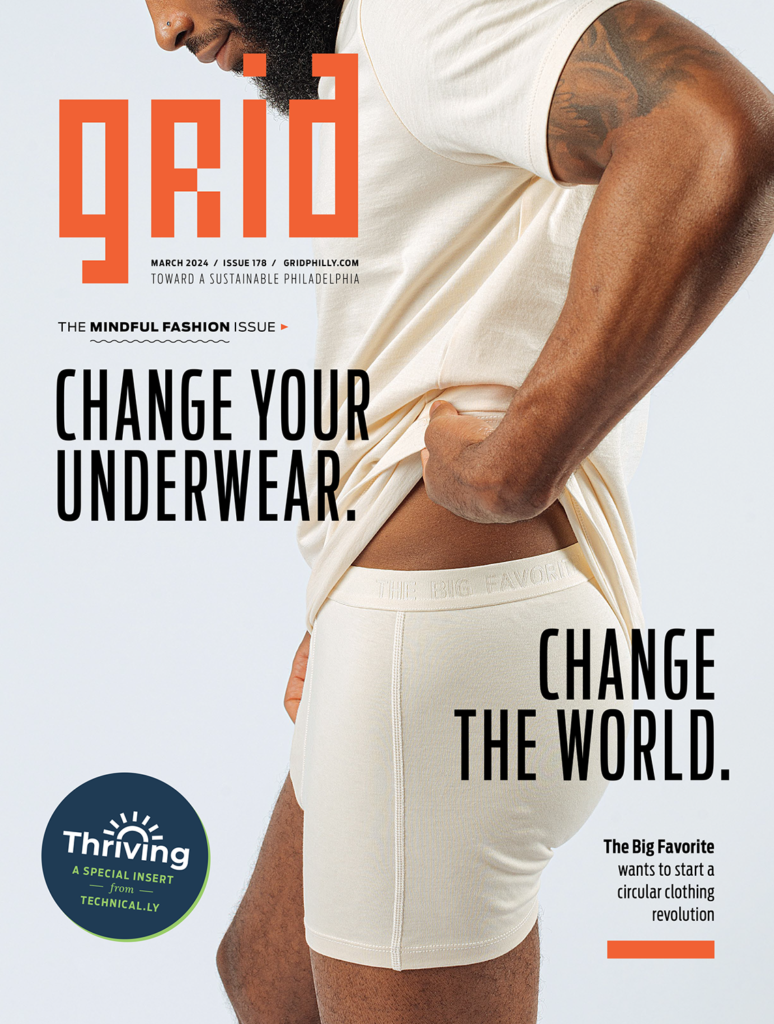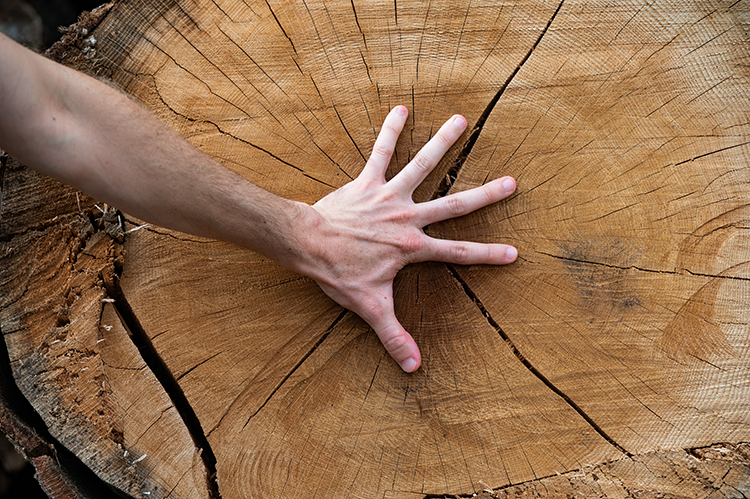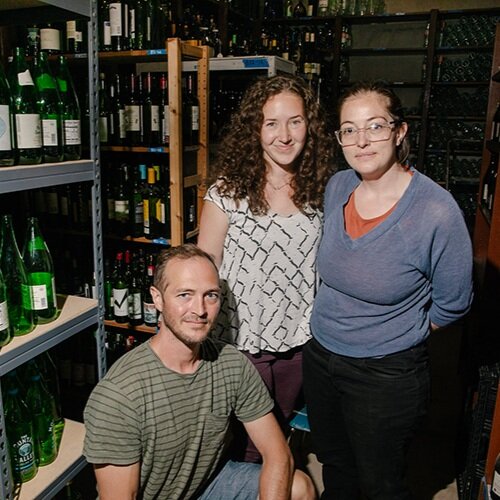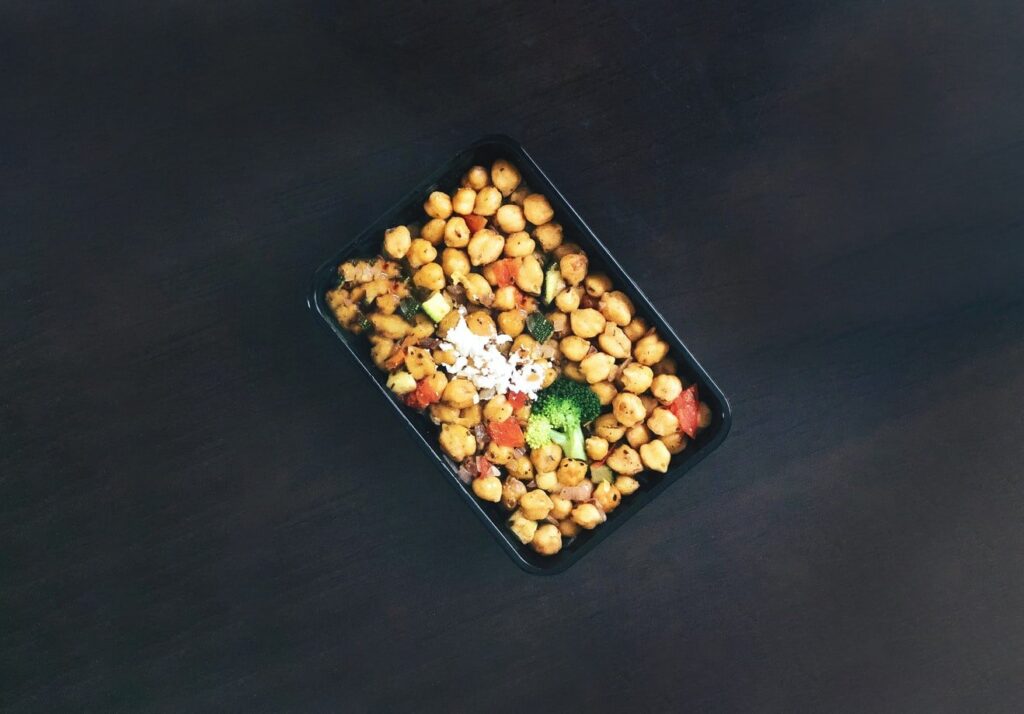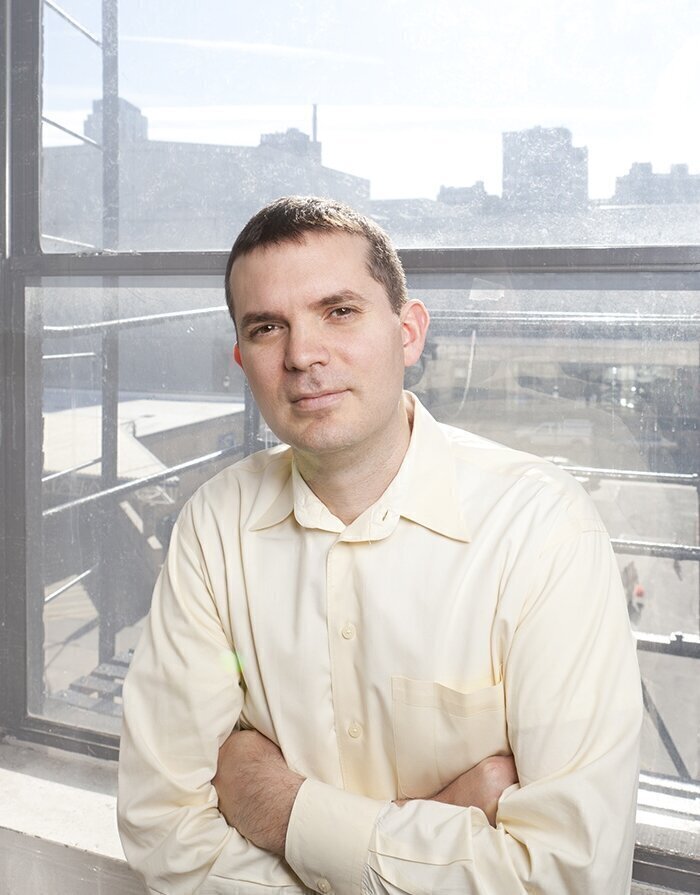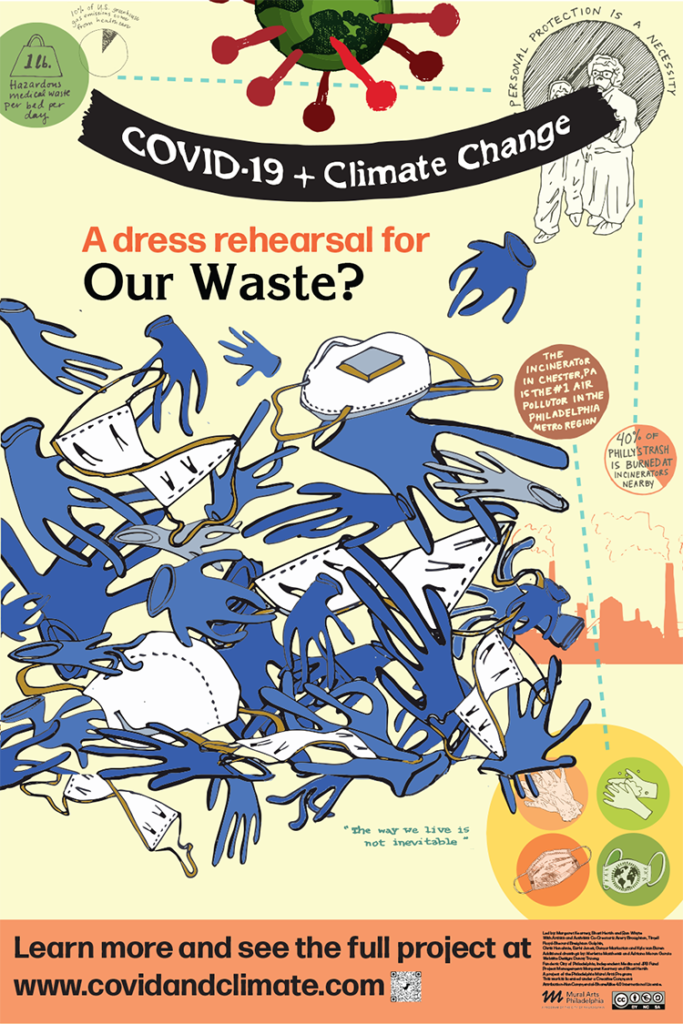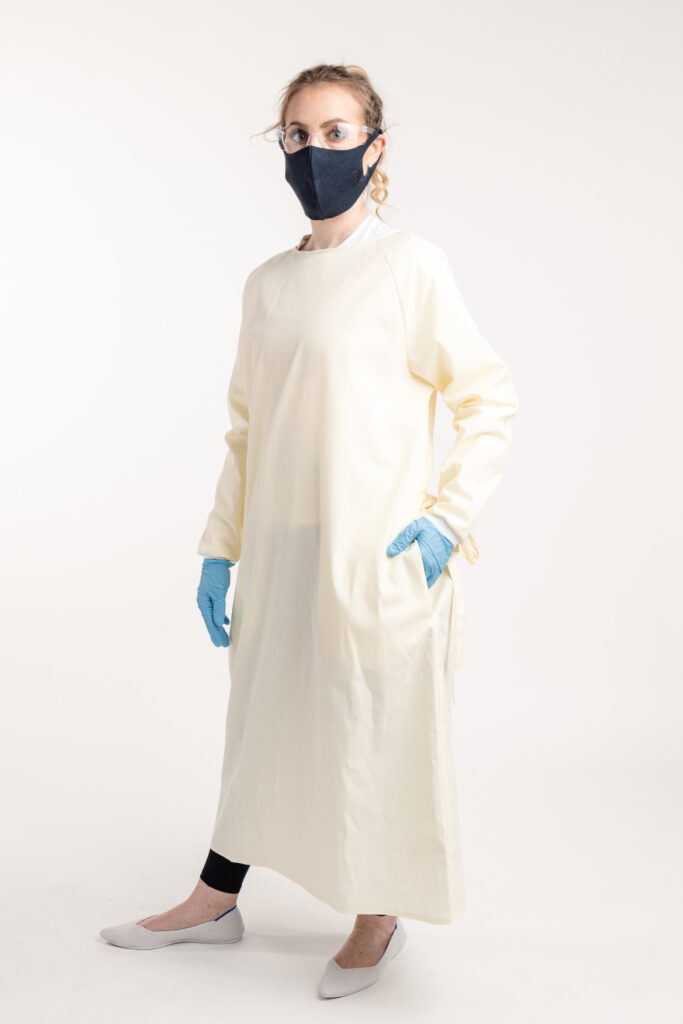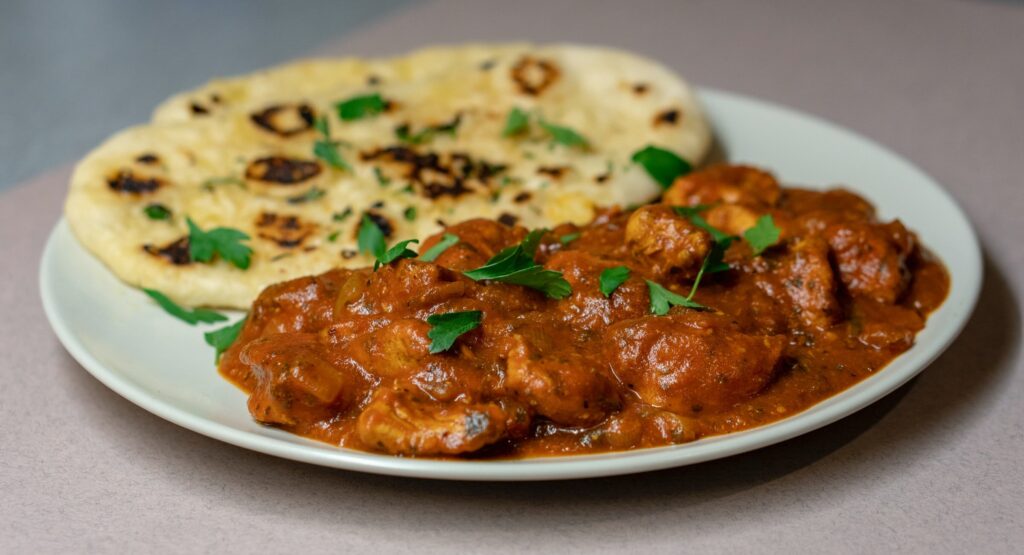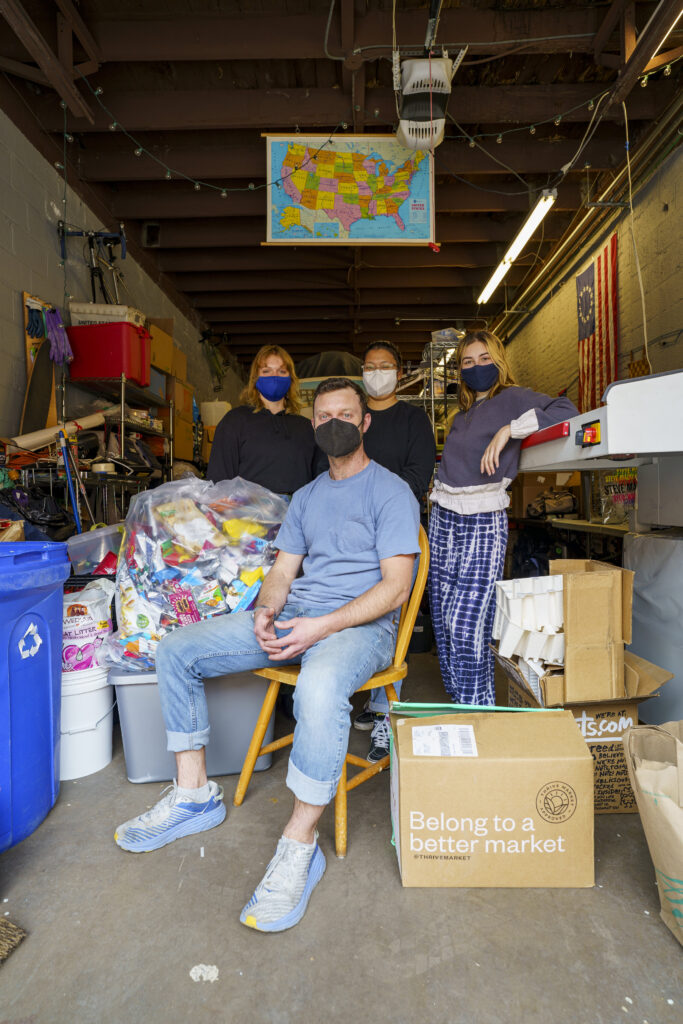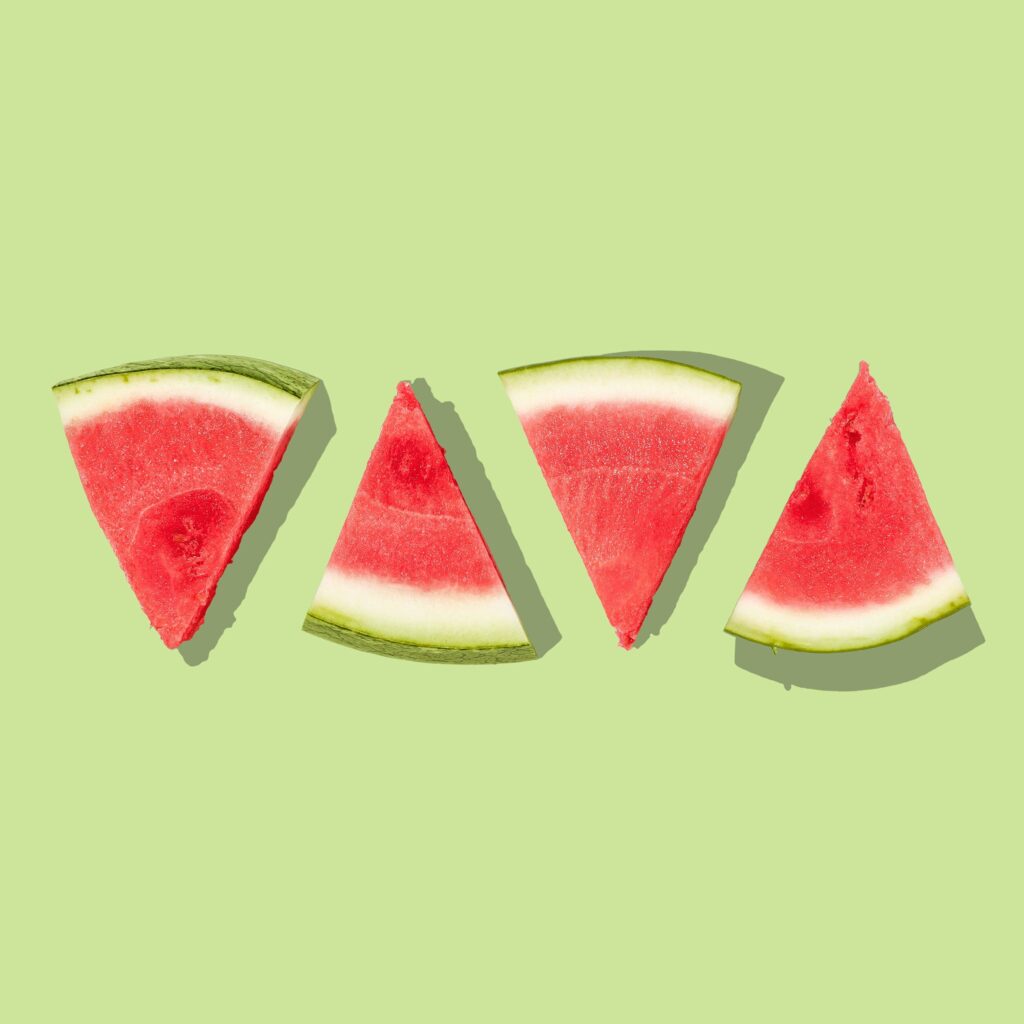The Big Favorite wants to redirect our worn out panties, briefs and bras into the zero-waste economy — but there’s a catch. Used polyester-infused underwear is not currently suitable for recycling. With no place left to go but the trash can, undies join the estimated 11 million pounds of textiles dumped in landfills yearly. In
MoreMulch, compost and wood chips are piled high on the concrete grounds of the Fairmount Park Organic Recycling Center in West Fairmount Park. On a typical day at the center, city residents fill out the sign-in sheet and waiver form and collect whatever organic materials they need from the scattered piles with shovels and buckets
MoreIn the lower underbellies of BOK, a 340,000 square-foot co-maker space in South Philly, there is a labyrinth of glass—walls of emerald greens and blues, and shelf after shelf of clear jars, beer and soda bottles. The glass is all empty, pre-used, awaiting its new future wherein Bottle Underground, the one and only glass collection
MoreIt’s hard to believe that only six months ago I wrote an article for Grid lamenting the incredible proliferation of single-use to-go containers due to take-out food during the pandemic and wishing some entrepreneur would come up with a system for reusable containers in restaurants. A lot has changed since then. Of course, many of
MoreIn January 2019, Grid ran a cover that read “Dumpster Fire.” The article, entitled “A Big Waste,” was about the fact that Philadelphia was burning 50% of its recyclables. Keep in mind this was well before the pandemic, so there were no excuses of extraordinary volume or of a depleted workforce. What the article revealed
MoreBy Shari Hersh, Ron Whyte and Emma Wu While many people are experiencing pandemic fatigue, understandably eager for a return to normalcy, the COVID-19 crisis remains far from over. India is experiencing a nightmarish second wave that has led to overcrowded hospitals and critical shortages of lifesaving medical equipment. In its neighboring country Nepal, the
MoreIn the United states, hospitals produce almost 6 million tons of garbage each year. The pandemic hasn’t helped this already existing problem, globally, between late July and December 2020, volunteers collected more than 107,000 pieces of PPE from beaches and waterways, and this is likely a vast undercount of what was and remains out there.
MoreIn my February Grid commentary on the glut of single use takeout food containers during the pandemic, I expressed hope that local innovators and entrepreneurs would develop reusable container systems. I’m excited to report that my hopes have been answered—or at least they were for a moment On March 22, 2021 Philadelphia-area Indian food chain
MoreWhen I was a kid—we’ll call this long ago time “the ’70s”—seatbelts hung unused while Mom’s arm reached across our bodies any time our car came to a sudden stop. Beer and soda were packaged in aluminum cans and had what was called a “pull-tab,” or “ring-tab.” You would put your finger through the ring
MoreIn 2020 the failures of Philadelphia’s recycling and waste management were on spectacular display. Sanitary workers were seen throwing garbage bags and carefully sorted recyclables into the same truck, leaving environmentally minded onlookers appalled. The city blamed a depleted workforce, ravaged by COVID-19, and a significant increase in volume due to people staying home. But
MoreTrump sycophant and stooge Sebastin Gorka once said that the New Green Deal is like a watermelon: “It’s green on the outside but bright red on the inside.” As much as it pains me to give print space to someone like Gorka, this may be one of the best explanations of this aspirational legislation that
More
